Summertime in the United States has always been associated with mosquito bites.
Now, with climbing worldwide temperatures extending their habitat, lethal infection carrying mosquitoes are starting to infringe on southern states.
Dengue Fever
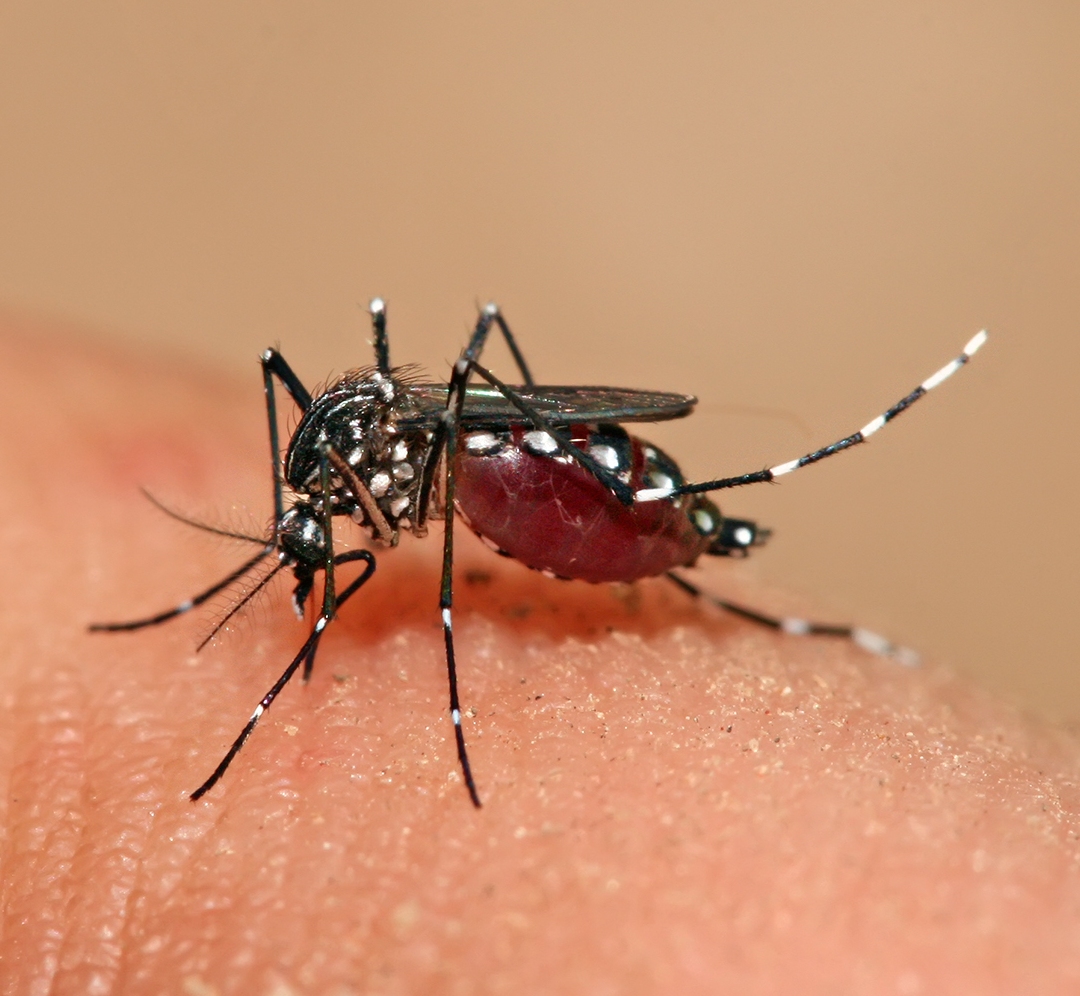
Dengue fever, which is spread by mosquitoes, is on the rise worldwide, according to the Washington Post.
This year, a record 10 million individuals have contracted dengue, according to the Post. That is roughly one person out of every 800 people on the planet.
Case Numbers
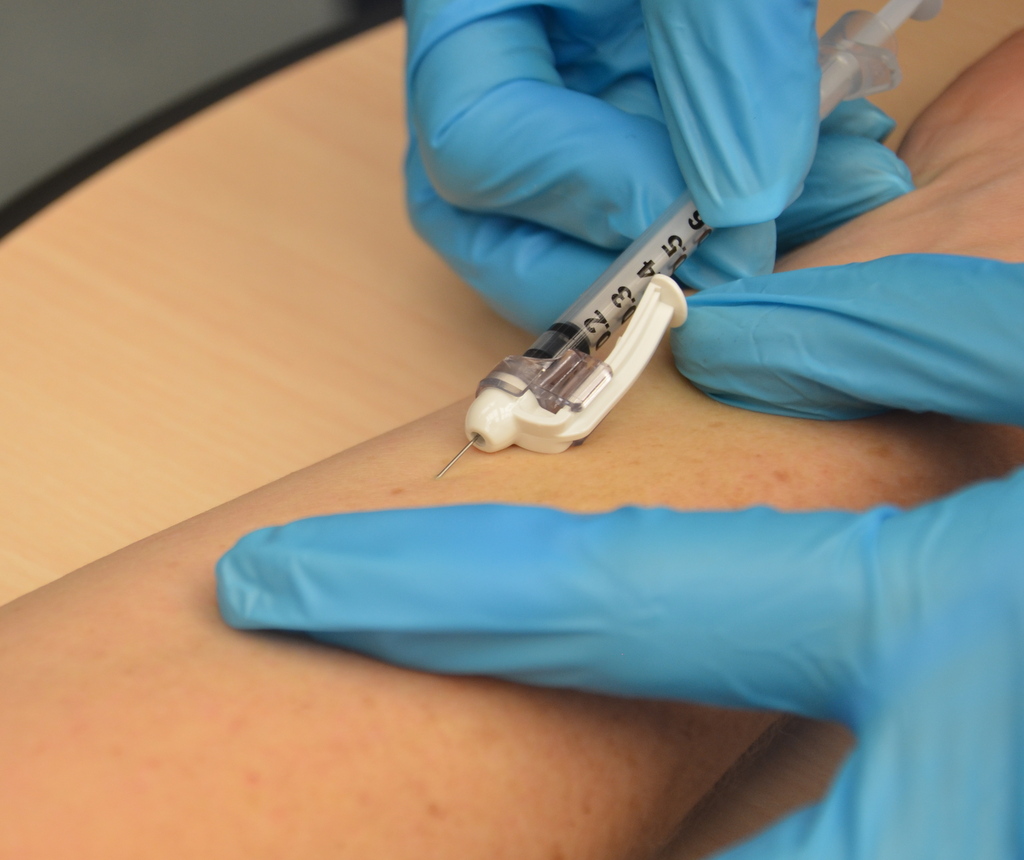
According to the Post, these mind-boggling case numbers have been recorded everywhere from Nepal to Puerto Rico, even in countries that were never recorded before.
The Centers for Disease Control and Prevention issued a warning in June regarding an increased dengue risk to travelers and healthcare providers as a result of the skyrocketing numbers.
Spread from the South
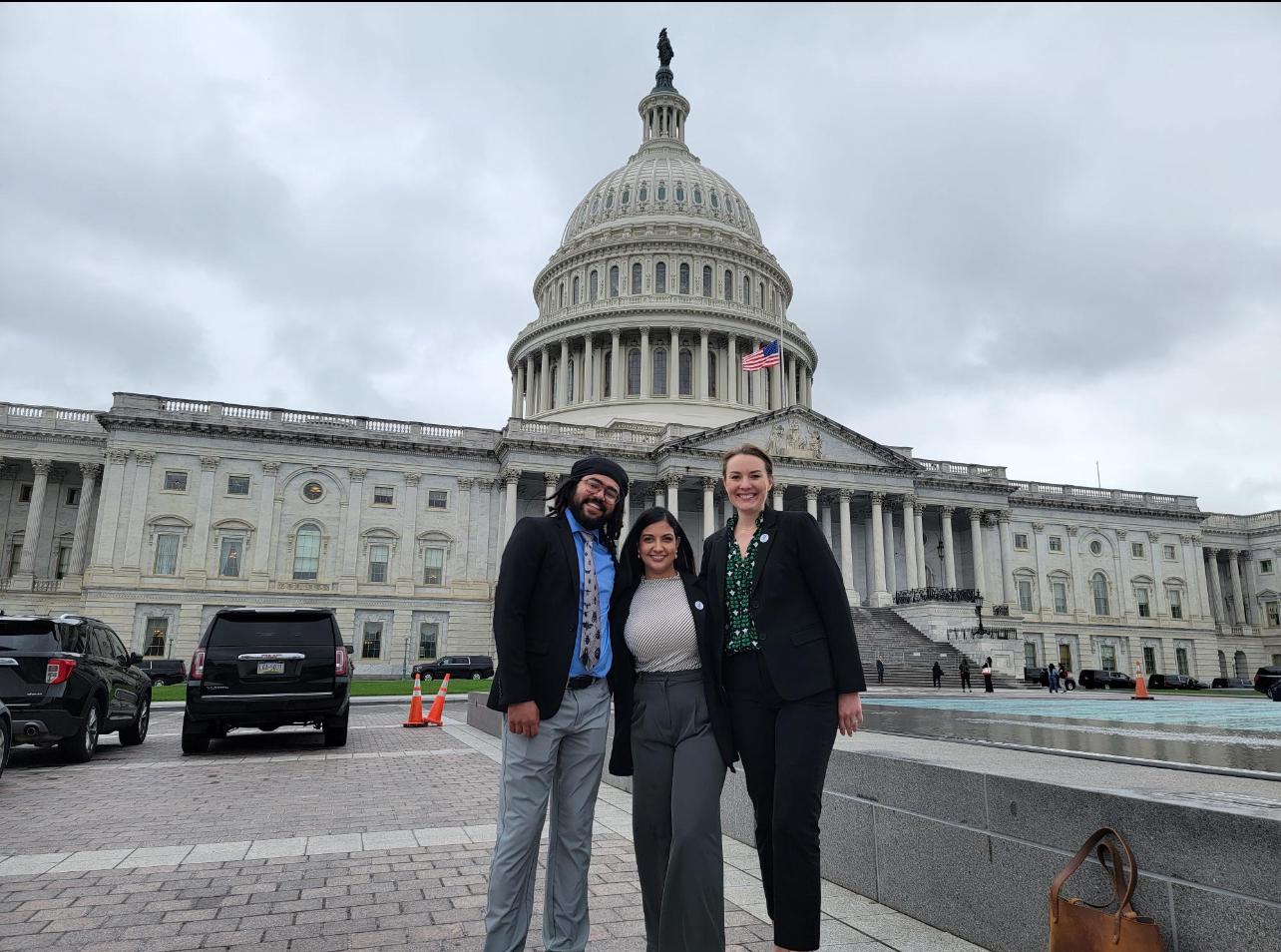
According to the Post, Grayson Brown of the non-profit Puerto Rico Vector Control Unit stated, “The storm’s comin’, folks.”
He went on to say: “It’s here in Puerto Rico, but [the States are] going to feel it pretty soon.”
Favorable Conditions
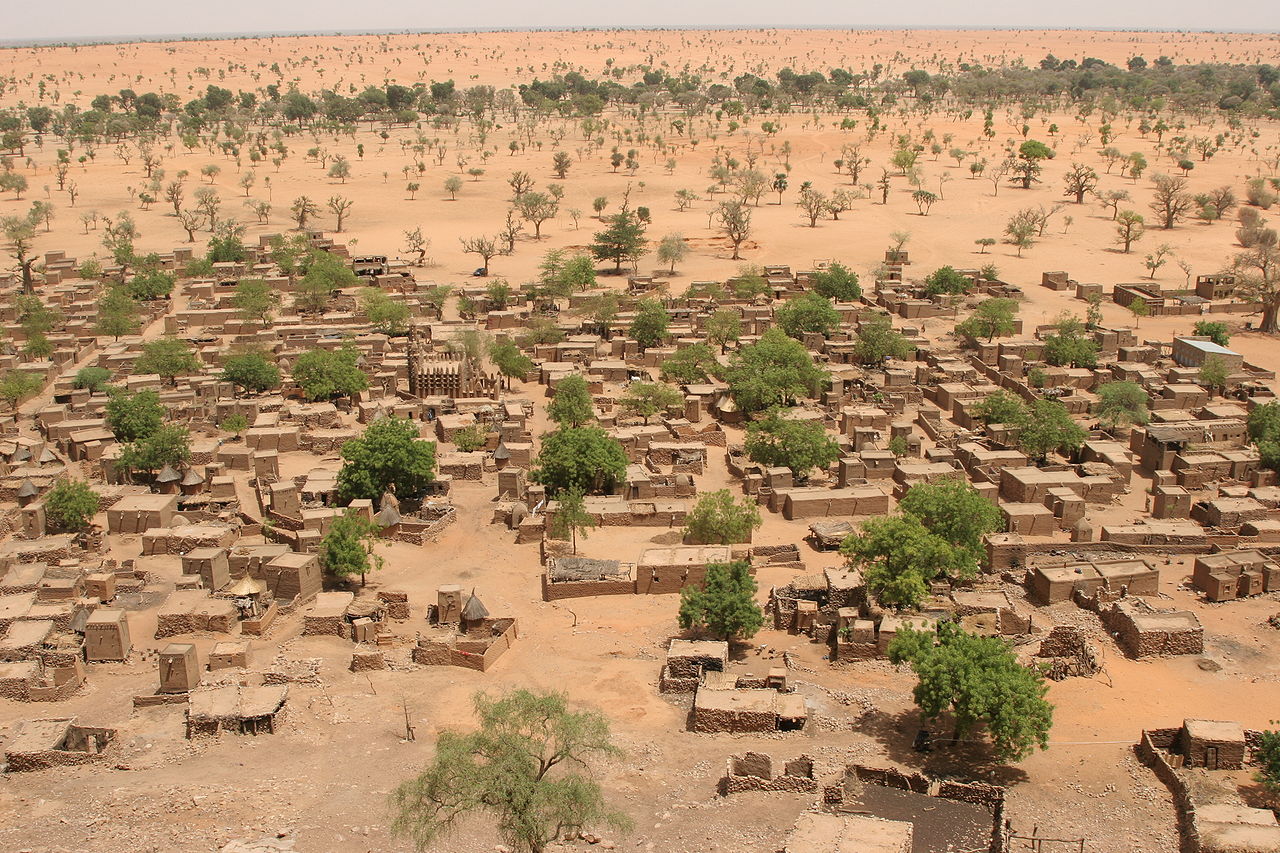
Conditions for the dengue-carrying Aedes aegypti mosquito become more favorable as global temperatures continue to rise.
The virus itself benefits from heat as well because it reproduces more rapidly at higher temperatures.
Growing Faster
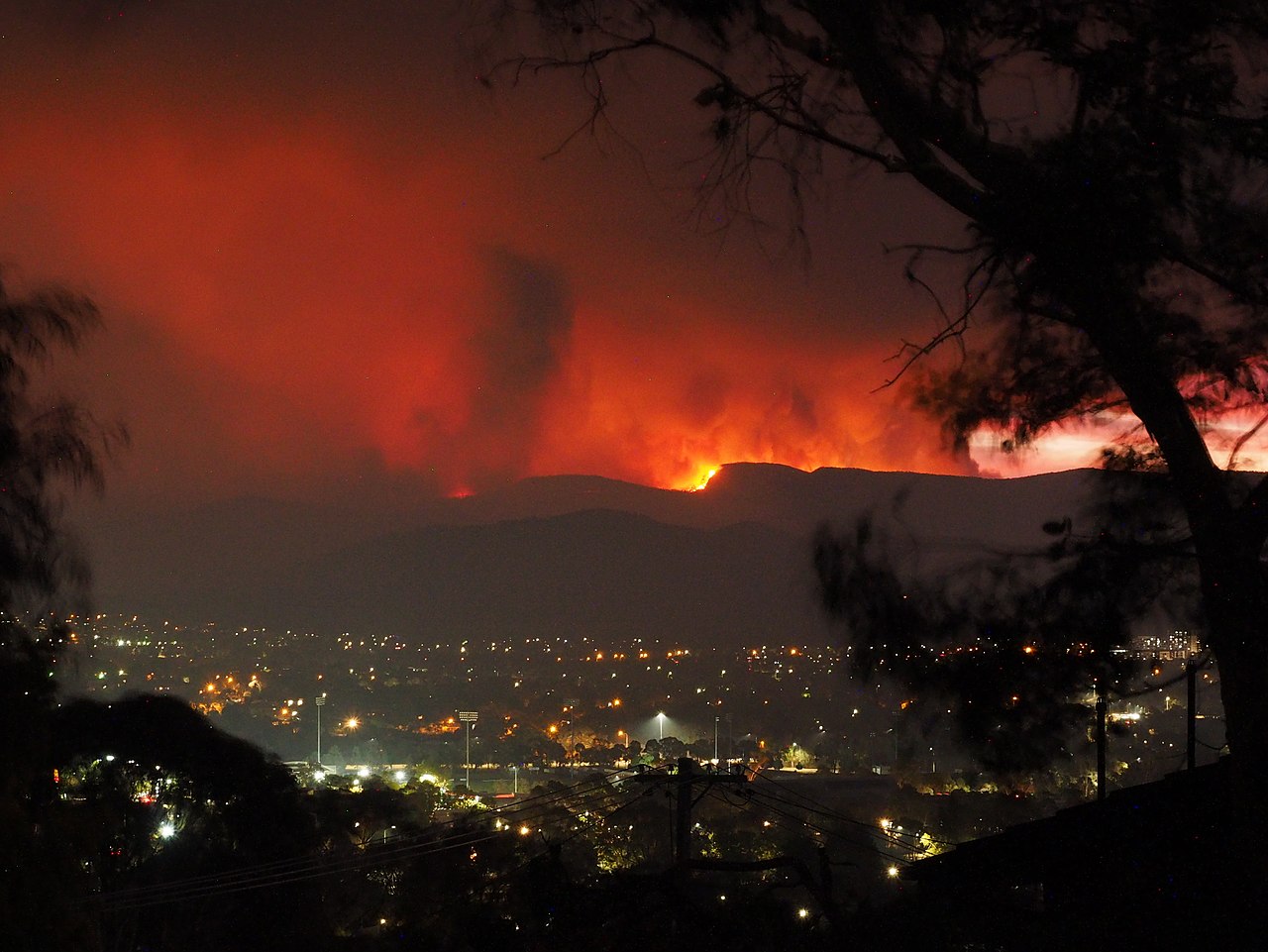
According to the Post, a study that was published in Ecology Letters found that in hotter temperatures, it can “grow faster, bite more people, and lay more eggs.”
“It lays its eggs wherever there is standing water: in vent pipes of septic tanks, water meters, discarded tires, and broken flower pots.”
Greater Exposure
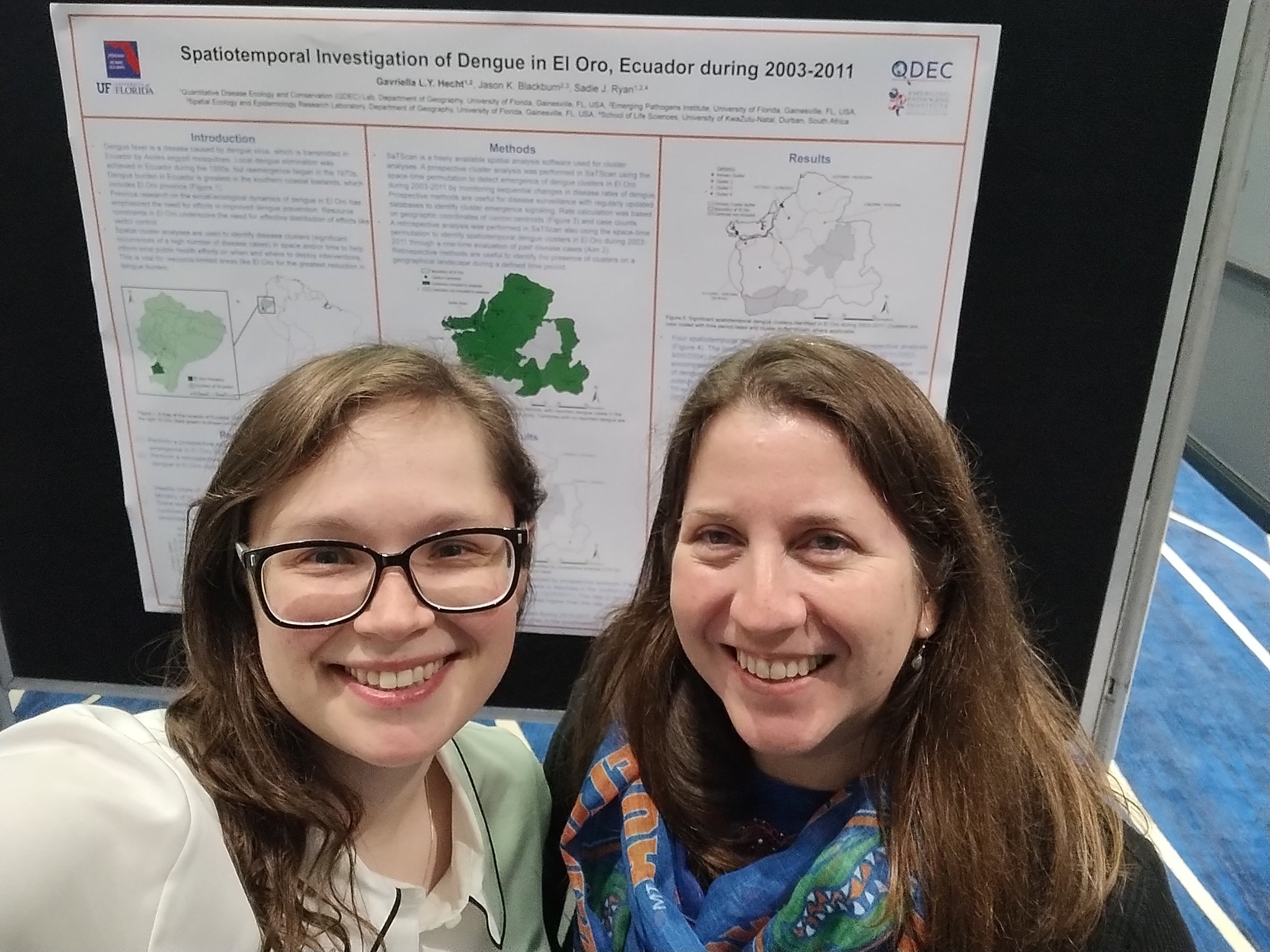
According to a study that was published in the journal Nature Microbiology, an additional 2 billion people worldwide will be exposed to dengue in the coming decades if temperatures continue to rise at similar rates.
Sadie Ryan, a medical geographer, told the Post how the mosquito operates: “They’re tenacious. They’re pernicious. Really, they’re just good at being everywhere.”
Vaccine Development
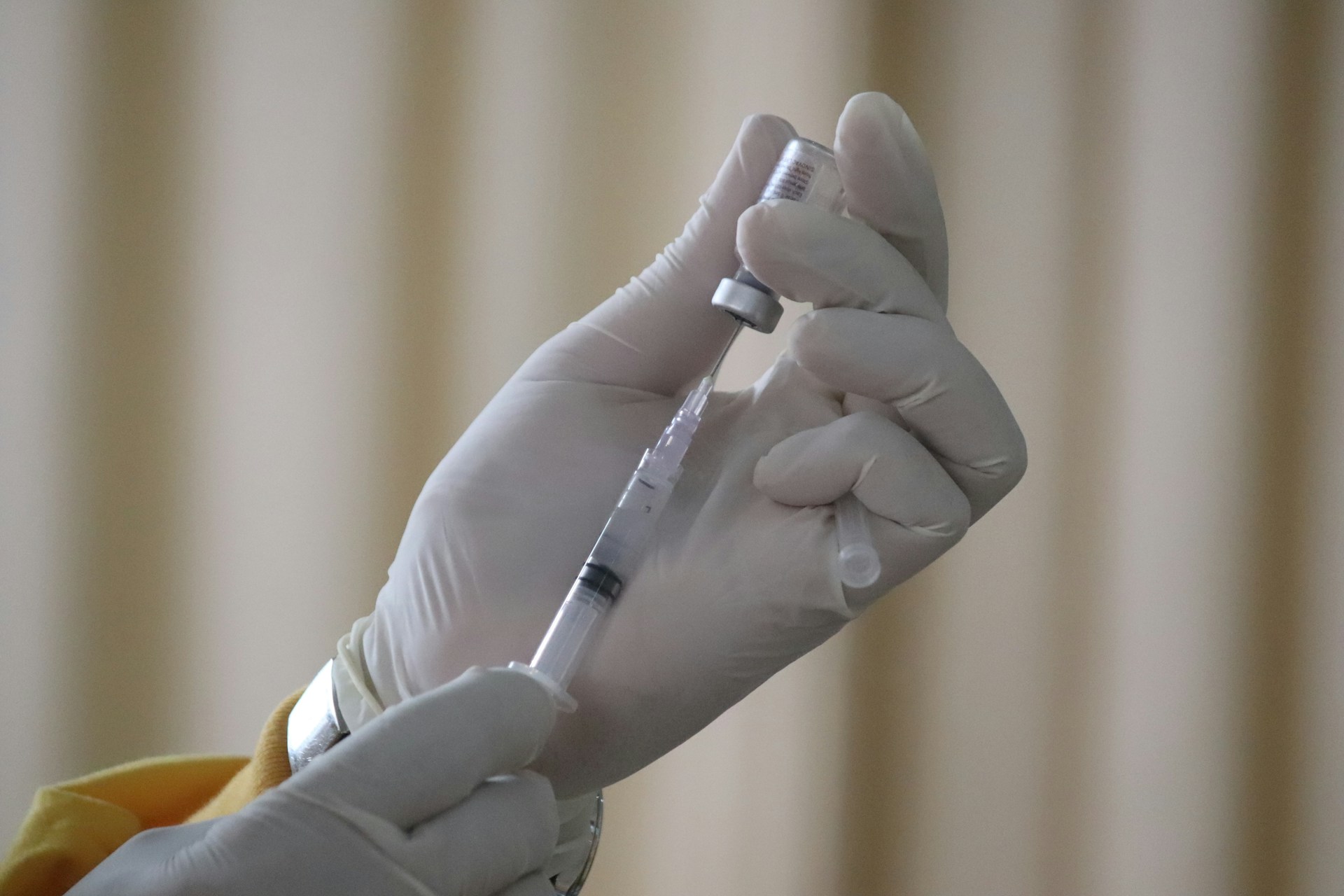
A vaccine was developed in France, but its underuse and lack of public awareness contributed to its discontinuation.
According to the Post, vaccine development is challenging due to the particular complications of dengue, such as the fact that it comes in four interacting varieties. Other nations are working on vaccines.
Global Warming
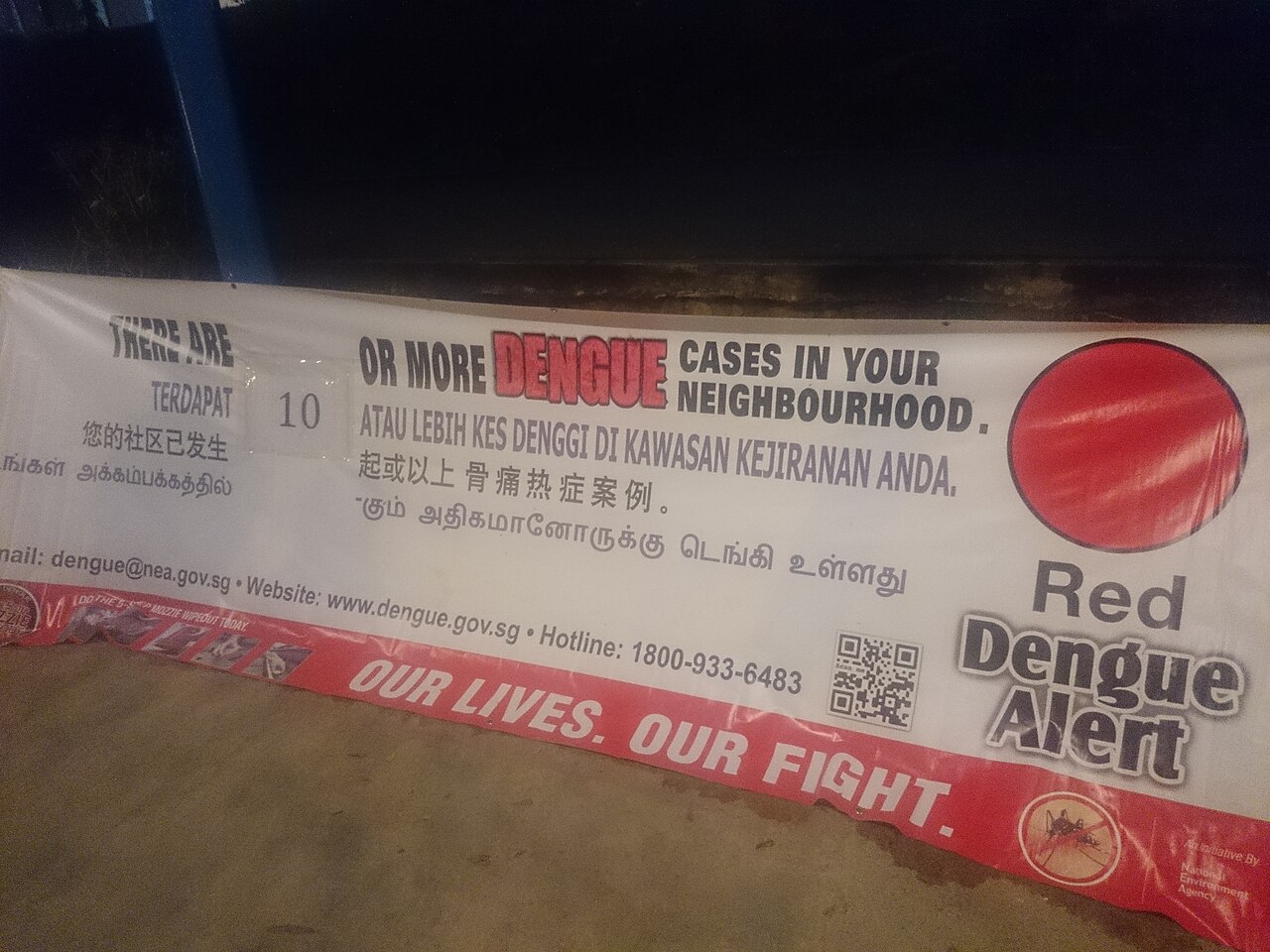
The most significant contributors to global warming, governments and corporations, bear a significant portion of the burden for slowing down planetary warming.
This would, as a result, limit dengue’s spread.
Taking Precautions
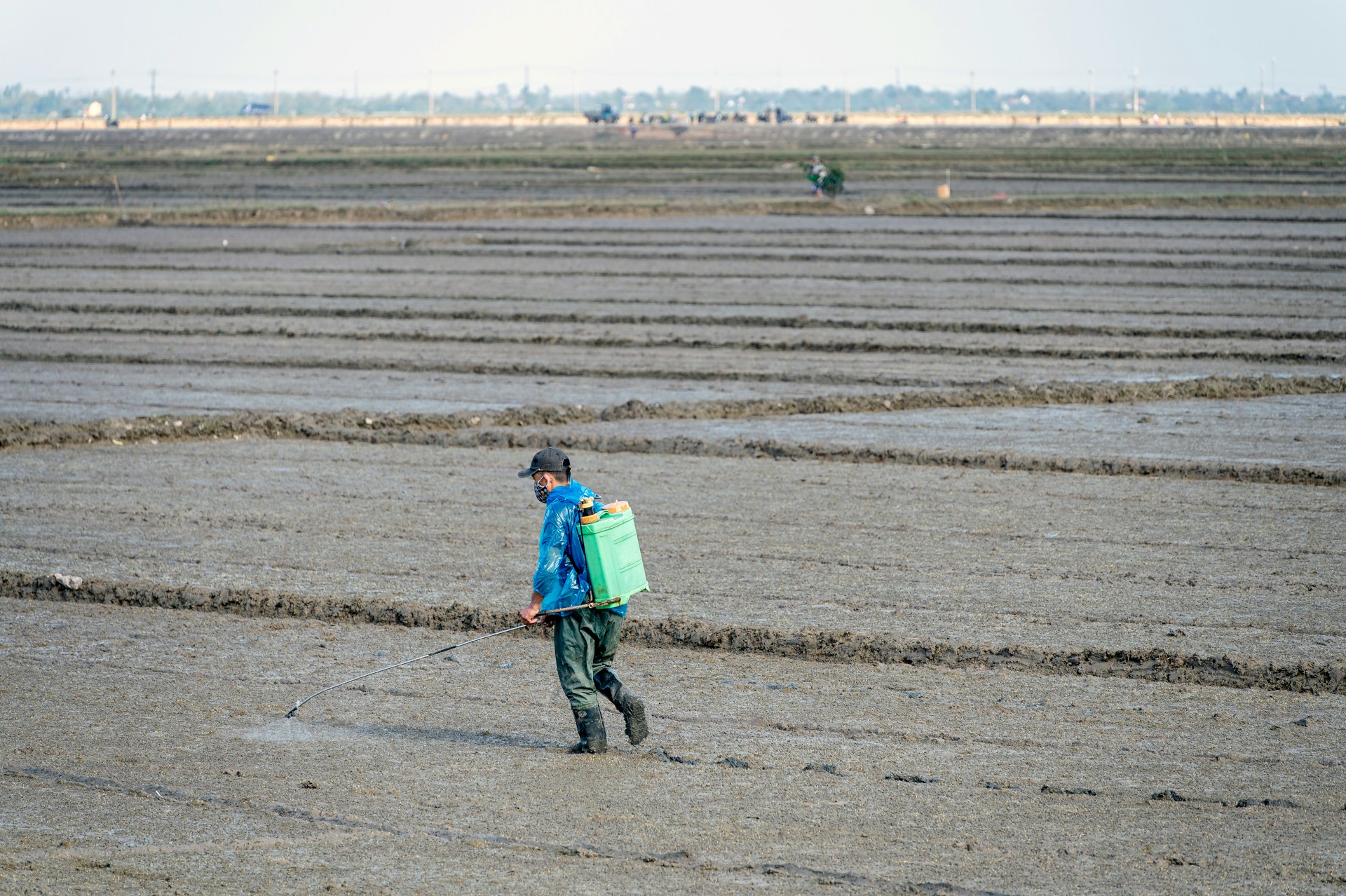
But if you’re traveling in an Aedes aegypti zone and want to stop them and other disease-carrying mosquitoes from spreading, you can stay ahead by taking precautions.
You can use methods as instructed by local authorities, use larvicide, keep all water tightly sealed, and alert others to the threat.
Invasive Species
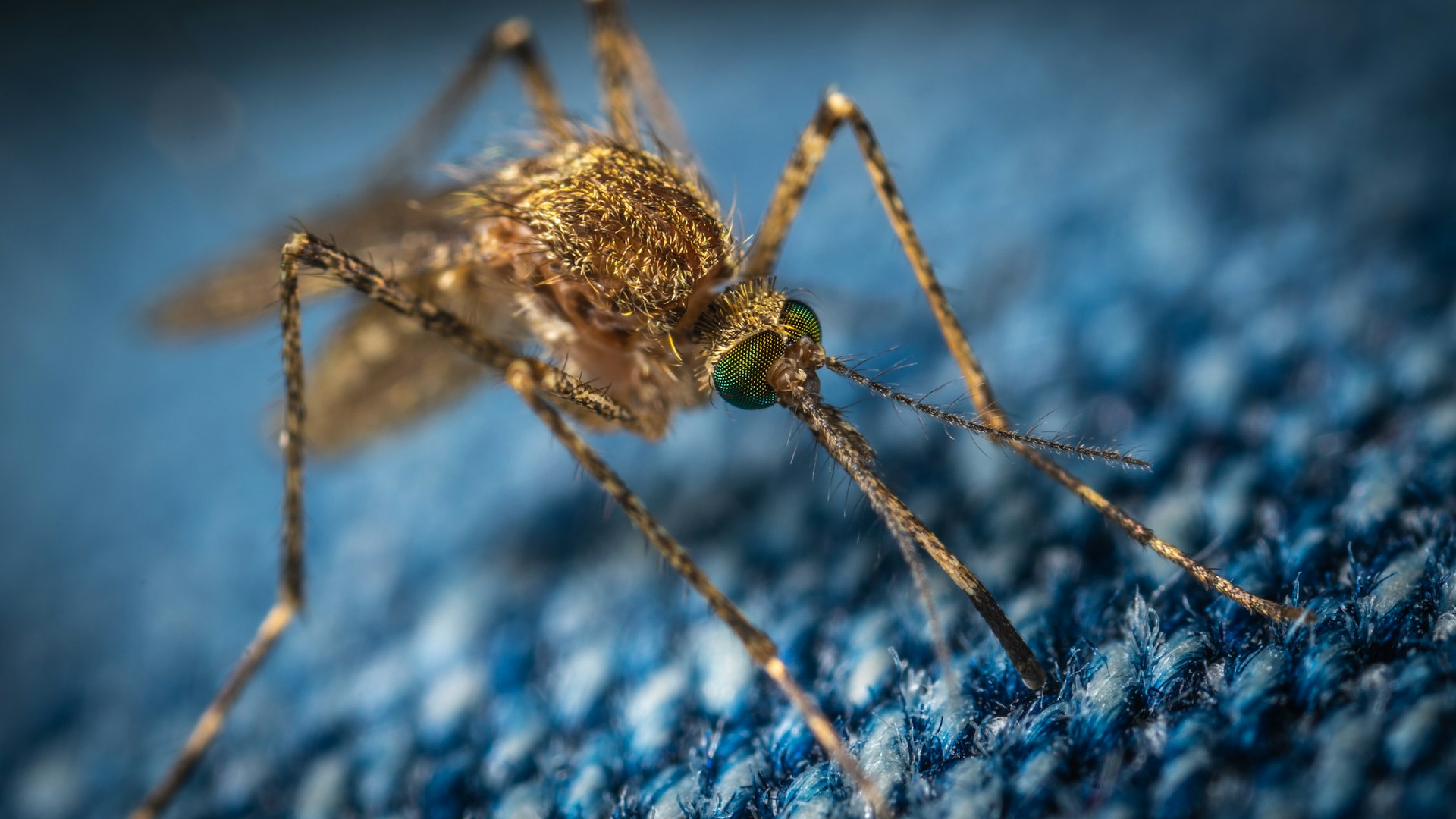
The two species which spread dengue fever, the invasive Aedes aegypti and Aedes albopictus mosquitoes also spread other illnesses.
These include chikungunya virus and Zika among other deadly illnesses.
